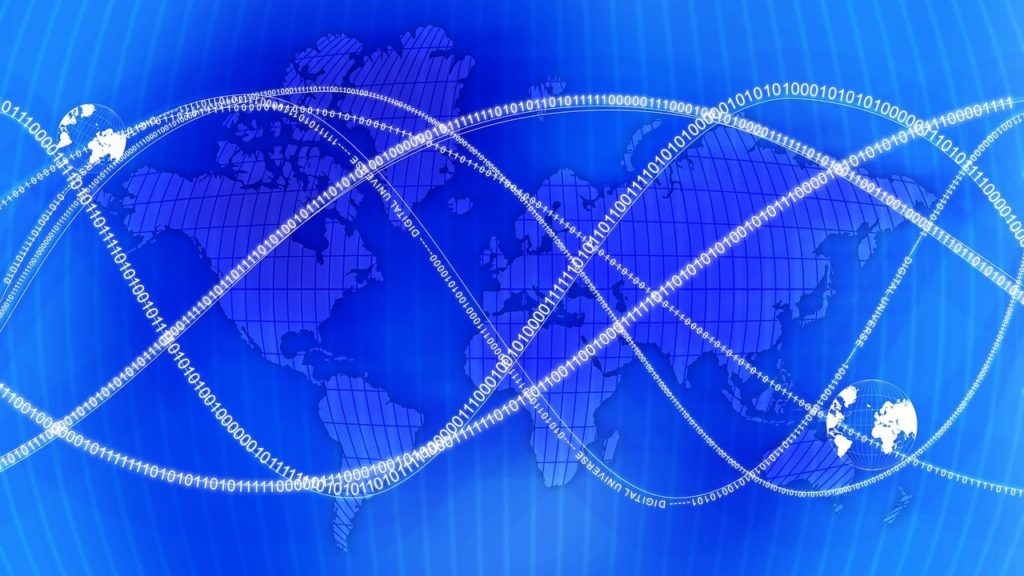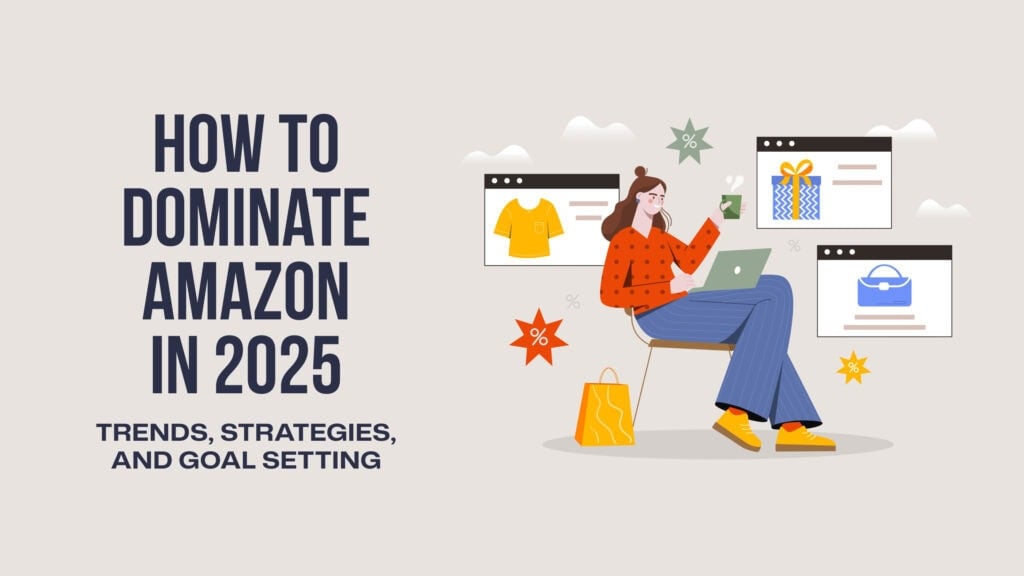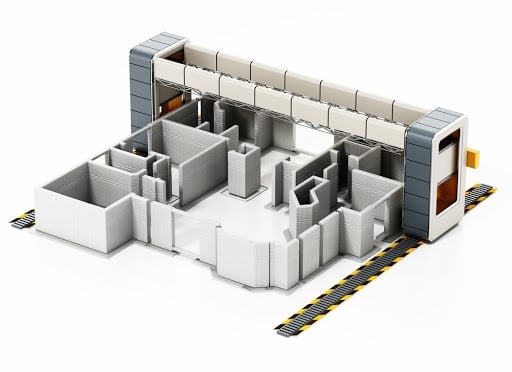When you hear the term “blockchain,” you probably immediately think of Bitcoin.
After all, the blockchain was developed hand-in-hand with the cryptocurrency and forms the infrastructure behind it.
Bitcoin has been wildly successful. It’s increased in value by more than 6,666,566%. But many believe the real star of the show will ultimately be the blockchain itself.
People have described the blockchain as a revolutionary, disruptive technology that could be “the next big thing” in the world of business and finance. An article in Entrepreneur magazine noted it wouldn’t be the first time an invention ended up being used in applications far beyond the creator’s intended purpose.
“Play-Doh was originally a (mediocre) wallpaper cleaner before being adopted as one of the most successful toys of all time.”
So, what is the blockchain?
Gizmodo provides an excellent, non-technical definition.
“The blockchain is a simple digital platform for recording and verifying transactions so that other people can’t erase them later -- and anyone can see them.”
Techopedia provides sheds some light on exactly what this means from a practical standpoint.
“The blockchain ledger helps to provide transparency for transactions. Although many bitcoin transactions are in some ways anonymous, the blockchain ledger can link individuals and companies to bitcoin purchases and ownership by allowing individual parties, called miners, to process payments and verify transactions. Rather than a central company presiding over the use of bitcoin, these blockchain originators serve central roles in the management and administration of this alternative currency system."
OK. This sounds great and all. But what does it really mean. What can the blockchain actually do?
Well, here are five reasons the technology could revolutionize business and finance.
#1 - No more middleman.
The blockchain facilitates “peer-to-peer” transactions. In other words, it’s just you and me, baby. We can do business with nobody in between us. For instance, several companies have developed applications that allow content producers, such as musicians and filmmakers, to connect directly with their audiences.The consumer can pay the producer directly and access the content without having to go through third-party companies like iTunes, YouTube or Amazon. This could revolutionize the way we access digital content.
#2 - You control your data.
The cloud has revolutionized data storage, allowing users to store huge amounts of information and access it from anywhere in the world. But the cloud has its drawbacks. You lose control of your data. It’s in the hands of other entities such as Google or DropBox. It’s the middleman problem again. And of course, with third parties come privacy concerns. Blockchain can eliminate many of these problems. It’s more secure and one entity doesn’t control the data. There are already blockchain based data storage companies like Storj that offer more space for less money than DropBox.
#3 - It’s lightning fast.
You can complete transactions within minutes on the blockchain. The benefit is pretty obvious when you think about sending and receiving money across the globe. International payments is the target of the San Francisco-based digital currency start-up, Ripple, whose XRP token rose 3,977% in the first half of 2017. But it doesn’t stop there. Imagine being able to complete a signed contract, or a major transfer of property in a day instead of taking weeks.
#4 - Security, security, security.
Because the blockchain records every transaction, it’s virtually impossible to double-spend or counterfeit on the system. A transaction occurs directly between two parties, and it requires a unique digital code on both sides to complete it. Without these codes, you can’t alter the leger. There is also the potential to develop “smart contracts” - self-verifying, self-executing agreements that can function autonomously. This could drastically decrease fraud.
#5 - You can give stuff away.
Many companies use reward and loyalty programs to retain customers. The blockchain can improve and expand these programs. Because everything gets stored on a public leger, it makes it much easier to trade and share points. Imagine being able to use airline rewards at your favorite bookstore, or easily transfer your gas points to your kid.
Entrepreneurs are already developing services that take advantages of these improved processes. And the technology is still in its infancy.
As more people explore ways to use the blockchain, we will likely see a proliferation of exciting developments.
The blockchain has potential for use in a wide range of commercial and government applications, from voting, to contracts, to patents and copyrights, to maintaining ownership records. It truly could change the way we do business.
LEARN MORE ABOUT BUSINESS ON CAPITALISM.COM:
• If Anything Saves Retail, It Will Be This
• Facebook’s Zuckerberg Believes Universal Basic Income Would Work
• This Business License Requirement to Mow Lawns is Stifling Competition











